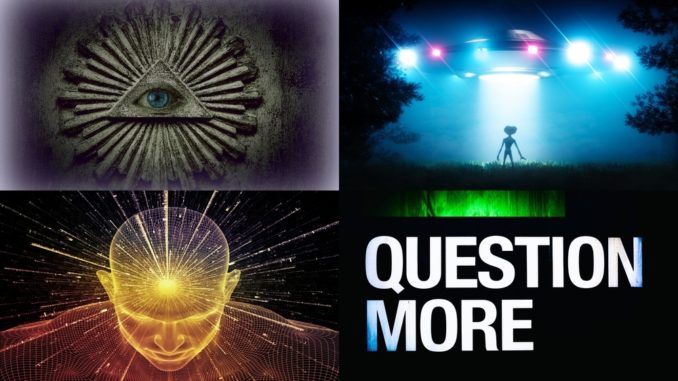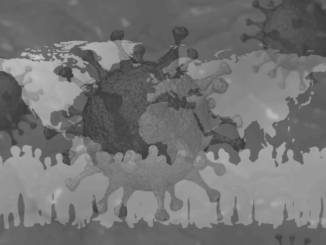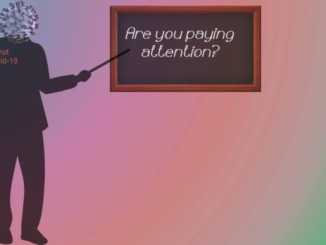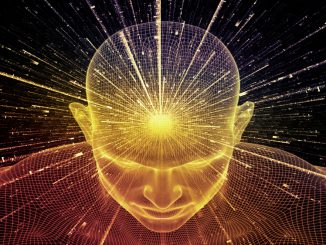
This article is meant as an introduction to certain topics which, for one reason or another, remain out of the scope of the average people or are just purely ignored.
While the range of those topics is enormous and extends to subjects like extra-terrestrial life, UFOs, conspiracy theory, ancient myths, shamanic healing etc., all those seem to have something in common. Most of those areas of knowledge are perceived by the general public as somehow “unreal” and therefore irrelevant. In one form of another, people dismiss them as having nothing to do with “the real life” and therefore being a waste of time.
We seem to live in times and in a civilization where one’s area of interests is defined predominantly by its perceived usefulness. In other words, particular kind of knowledge is worth of only if it is practical. Curiosity for its own sake i.e. the need to know simply because one is willing to expand his knowledge of the world, is not so prevalent.
Above said, the point here is to try to give a perspective to people of rational inclination as to what are the potential benefits of such knowledge.
Now, the thing is that all sources of information that we consider mainstream or official have cultivated throughout the years in the general public (in some cases for generations) uncritical perception of the information that is being fed to it. This mentality of acceptance without questioning is erroneous for at least one reason:
The reliability of “experts”
First, all those labels which we put on people and based on which we evaluate their capacities and knowledge are purely artificial titles and by themselves should not be taken as an undeniable proof of credibility.
For example, a professor in one scientific area is not into possession of every bit of knowledge in his field of study. Moreover, by its very nature, scientific knowledge is constantly evolving. I am sure that all the mainstream scientists back in history “knew” that Earth was flat but it is not their merit that we are now aware that it is a globe.
Also, before being a professor, a person is in the first place a human being just like you and me. As such, he is subject to all the imperfections of a human being including having his particular beliefs, prejudices etc. Those unavoidably affect his opinions and the interpretation of the scientific facts.
The second problem with the mentality of blind acceptance is not related to one being knowledgeable or not on a particular subject. It has more to do with the motives of the person (or those of his fellow group or community). This is the motivation that shapes at large, what he is going to do with the knowledge in his possession. The fact that somebody knows much does not necessarily mean he is going to share that knowledge truthfully.
While I am sure most people would agree to the above, when presented with two opposing opinions, we often tend to form a predisposition in favour of the one perceived as „expert“ or „authority“. This automatically shuts us down from at the least digesting properly the other possible truth being presented.
Тhe next three parts of the present article will focus on 3 particular topics which even when touched upon by mainstream sources, are regarded mostly as fiction rather than a possible reality.











